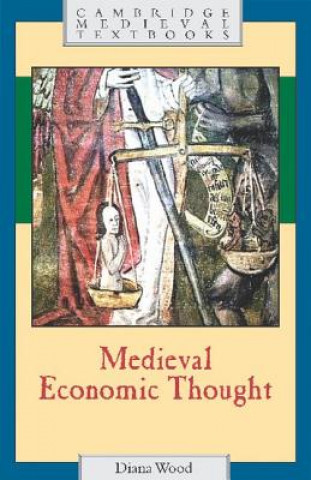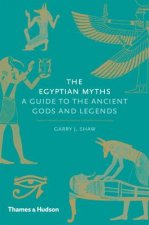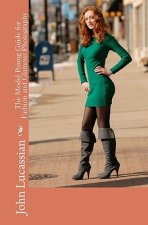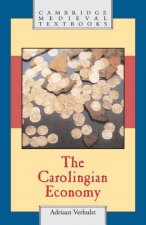
Kézbesítés
Vásárlási tanácsadó
16 105 015 könyv 175 nyelven








Összes nyelv megjelenítése (175)





Nem vált be? Semmi gond! Nálunk 30 napon belül visszaküldheti
 Ajándékutalvány
bármilyen értékben
Ajándékutalvány
bármilyen értékben
Ajándékutalvánnyal nem nyúlhat mellé. A megajándékozott az ajándékutalványért bármit választhat kínálatunkból.
Medieval Economic Thought
 Angol
Angol
 119 b
119 b
30 nap a termék visszaküldésére
Ezt is ajánljuk


This 2002 book is an introduction to medieval economic thought, mainly from the twelfth to the fifteenth centuries, as it emerges from the works of academic theologians and lawyers and other sources - from Italian merchants' writings to vernacular poetry, Parliamentary legislation, and manorial court rolls. It raises a number of questions based on the Aristotelian idea of the mean, the balance and harmony underlying justice, as applied by medieval thinkers to the changing economy. How could private ownership of property be reconciled with God's gift of the earth to all in common? How could charity balance resources between rich and poor? What was money? What were the just price and the just wage? How was a balance to be achieved between lender and borrower and how did the idea of usury change to reflect this? The answers emerge from a wide variety of ecclesiastical and secular sources.
Információ a könyvről
 Angol
Angol




 Hogyan vásároljunk
Hogyan vásároljunk




























